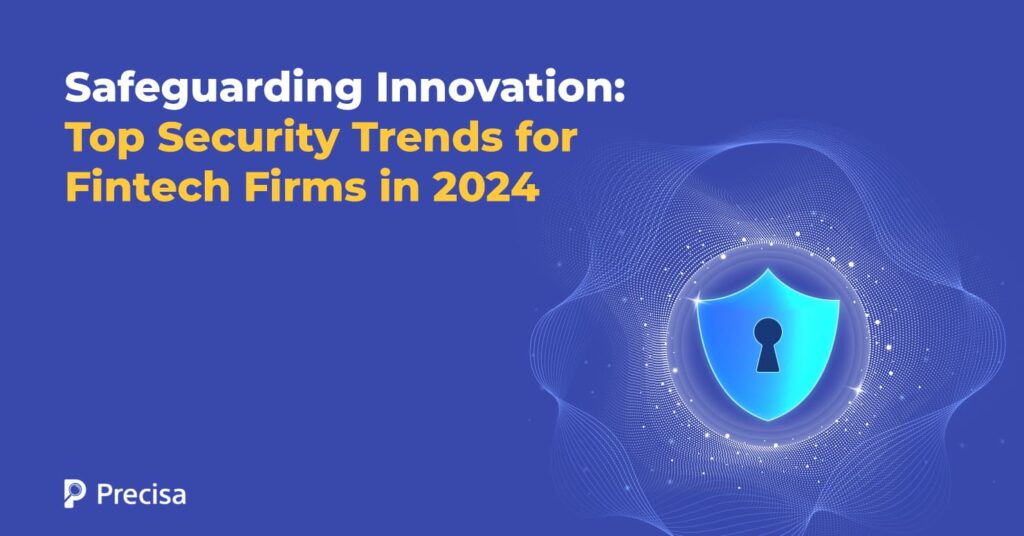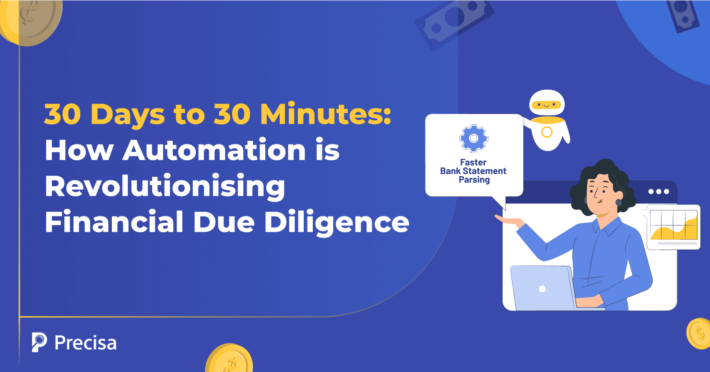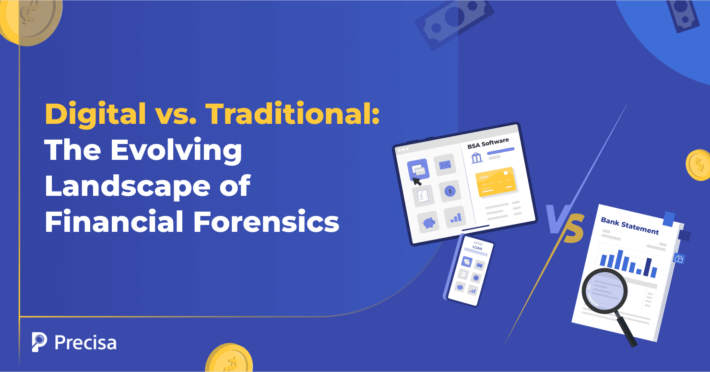Safeguarding Innovation: Top Security Trends for Fintech Firms in 2024

Fintech combines finance and technology and represents the next phase of financial evolution, focusing on innovation. Fintech users, particularly in digital payments, are forecasted to exceed 3.5 billion in 2024. By 2028, the number will reach 4.81 billion.
However, as the fintech acceptance and use grows, so does the cybersecurity threat.
In 2023, almost 64% of financial organisations worldwide reported experiencing a ransomware attack, compared to 55% in 2022 and 34% in 2021.
Innovation can only thrive in an environment of safety. Therefore, emerging technological developments are helping fintech firms boost cybersecurity. This article focuses on emerging security trends that will ensure safety for all stakeholders without slowing down or compromising innovation.
Top Security Trends for Fintech Firms in 2024
Organisations must leverage the latest and emerging security protocols to safeguard their operations. The discussion below focuses on 6 top security trends for fintech firms in 2024:
Stronger Encryption Procedures
Growth in the availability and sharing of data is prompting cybercriminals to find ways to steal this information. For example, phishing is among the most common attacks, making up 90% of the data breaches reported in 2021.
Fintech firms, therefore, must prioritise data encryption to protect consumer data and transaction details. Data encryption helps organisations enhance their system security to mitigate the risk of unauthorised access.
- Emerging encryption trends like Bring Your Own Encryption (BYOE) help businesses manage their encryption keys without relying on their cloud service provider’s encryption methods. This ensures information security officers monitoring cybersecurity threats can apply their encryption standards, enhancing security greatly.
- Quantum cryptography is a groundbreaking trend which will help fintech firms deal with threats involving quantum computing. Traditional encryption relies on mathematical problems difficult enough for computers to solve, while quantum cryptography uses quantum mechanics, which is virtually unbreakable.
Reliance on Blockchain may Increase
Blockchain technology developed as the accounting method for the cryptocurrency. However, it has evolved beyond its initial design and can potentially change the financial security landscape.
Blockchain technology helps FIs secure financial transactions through an immutable, decentralised ledger, making it extremely difficult to make any alterations. Transactions are cryptographically protected, which maintains their integrity and chronological accuracy.
Moreover, as transactions are publically verifiable by a network of users, the risk of discrepancies is low, and transparency and trust in financial systems are high.
Adoption of Multi-factor Authentication
Multi-factor authentication (MFA) is a security protocol where users must provide two or more verifications to access an application or a system.
- MFA improves security by addressing the limitation of single-factor authentication, as attackers have to bypass multiple layers of authentication to gain access to the user account. It has become a fundamental component of cybersecurity strategies across industries.
- Biometric authentication using fingerprint scanning, facial recognition, and iris scanning is a growing trend. Advances in biometric technology, such as liveness detection and behavioural biometrics are helping fintech firms strengthen their systems.
- While liveness detection ensures the biometric sample is captured from a live person, behavioural biometrics analyse user behaviour patterns, such as typing speed and mouse movements, to verify user identity.
Increased Adoption of AI and Machine Learning
Integrating artificial intelligence (AI) and machine learning (ML) will help fintech firms strengthen their security mechanisms.
With AI tools becoming more advanced, identifying highly evasive and formerly unknown threats by analysing patterns and anomalies in network traffic will become easier. AI-powered solutions are also instrumental in identifying suspicious transactions in real time, leading to prevention and early detection.
ML-driven automation will help teams rapidly analyse and respond to security incidents. Automation helps simplify and streamline cybersecurity processes by integrating all security tools into a fast, efficient workflow.
ML will help fintech firms strengthen their security by predicting potential threats based on historical data, helping them proactively defend against emerging cyber threats.
Emergence of Zero Trust Architecture
Zero Trust Architecture (ZTA) is a security framework that is replacing the traditional approach of implicitly trusting users and applications within a network. ZTA works on the principle that user access to the network must be validated and continuously reviewed.
This approach is gaining acceptance as the number of remote workers and partners with access to sensitive data is increasing. ZTA helps mitigate damage even if attackers do manage to infiltrate the system. It also protects against internal threats, intentional or erroneous.
Focus on Secure Third-Party Integrations
Fintech firms frequently rely on external vendors and integrations to enhance their services, making them vulnerable to breaches. Companies need to assess and ensure the security measures of their third-party partners and can safeguard themselves by laying down clear safety expectations in vendor contracts.
Businesses will continue to focus on best practices that can help them enhance security and minimise risks. Strong authentication mechanisms to verify user identity, regularly monitoring and auditing API usage to detect any unusual activity and using API gateways to control access are some ways which will help FIs stay safe.
In Conclusion
Cybersecurity is the cornerstone on which FIs work and innovation can thrive. Fintech firms need to continuously strive to make their products more user-friendly and customised without compromising on data integrity and system security.
Apart from the emerging trends, solutions that rely on cutting-edge technology can also help fintech firms mitigate threats.
As a cloud-based analytics platform for FIs, Precisa offers a robust bank transactions and financial data analytics solution for improved decision-making in lending, insurance, wealth management and personal finance domains.
Integrating Precisa’s Analytics capability with your existing systems is easy and promises a smooth, and secure user experience.
To find out more about its features and advantages, contact our team right now!




